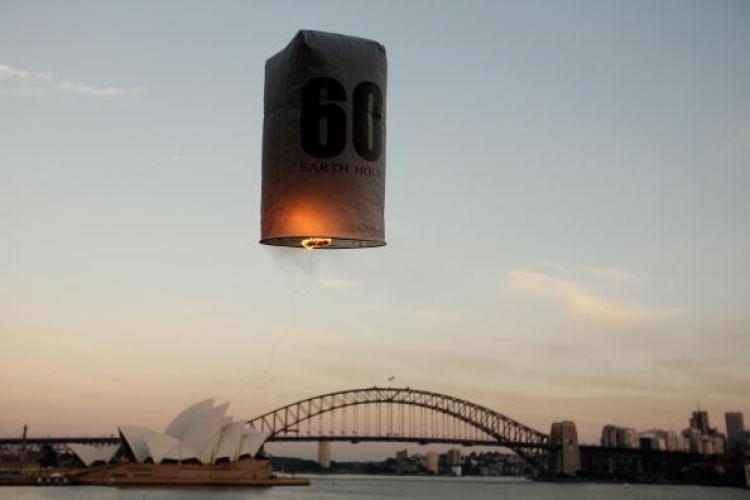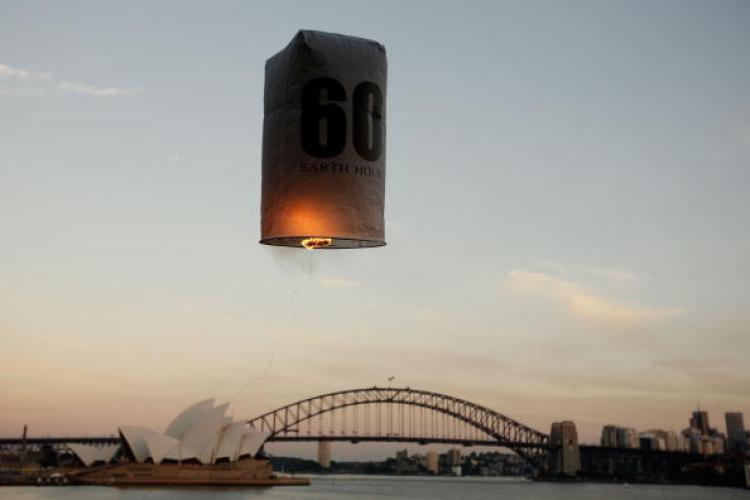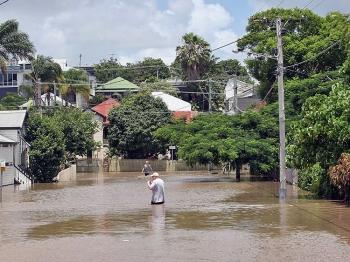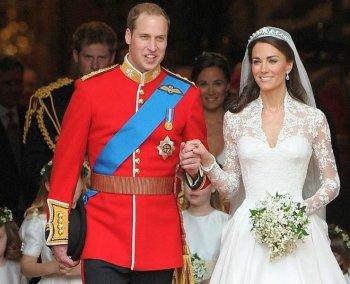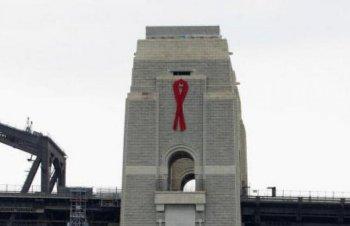Earth Hour Invigorated by Copenhagen
People are feeling fatigued by the Climate Change issue, but rather than contributing to a decline in numbers participating in this years Earth Hour on March 27, it has invigorated interest, says Earth Hour Executive Director Andy Ridley.
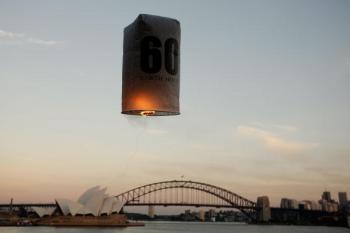
Seven lanterns to represent the seven continents of the world were released over Sydney Harbour to launch the one week countdown to Earth Hour, at Sydney Harbour on March 20, 2010 in Sydney, Australia. Brendon Thorne/Getty Images for WWF
|Updated:
